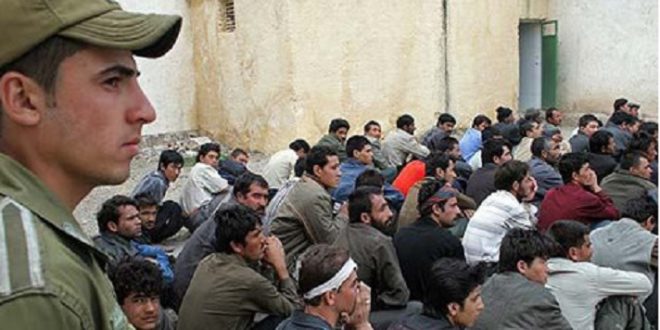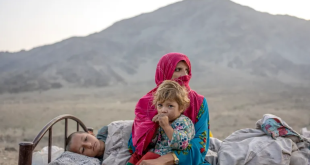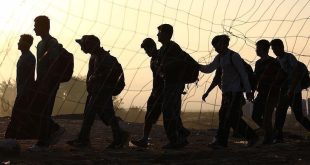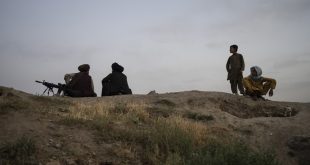The coronavirus, officially named COVID-19, is incrementally proliferating across Afghanistan since the first case was confirmed a week back in western Herat province that borders Iran. The global crisis grows as the worldwide death toll topped 3,000, and the number of cases passed 90,000 in about 70 countries in a span of merely two months. The government of Iran, which has witnessed the largest outbreak in the Middle East, confirms 1,501 cases, including roughly over 66 deaths. Over 200 people died there, some media reported. In Afghanistan, the number of suspected coronavirus cases has risen to 77, with only one confirmed positive in Herat. The global pandemic has also affected economic activity and hampered trade. In recent steps, Uzbekistan closed its border with Afghanistan in Balkh and Pakistan closed its crossing point in Kandahar. On top of all this, our neighboring country Iran has started forcibly deporting Afghan refugees into Herat – with 700 to 1000 Afghan refugees sent back on a daily basis – something that proves to be a severe blow to Afghanistan and punishes helpless migrants. As the virus affects everybody, the countries are supposed to act collaboratively and must deal with it jointly. The recent hike in forcible expulsion of children, homeless women, and elderly people and drug addicts by Iran adds to the miseries. The move by Iran is worrisome and shows irresponsible conduct by the country towards the war-torn refugees. Moreover, ironically it was Iran from which the virus spilled over into Afghanistan, so compulsorily sending Afghans back makes no sense. The Afghan government should make strides to reach an understanding with Iran on bringing an end to the forced repatriation and on controlling the outbreak of the coronavirus. Meanwhile, the surge in the coronavirus cases necessitates full coordination of relevant departments within the Afghan government in order to contain its further spread. Based on recent updates, 59 suspected coronavirus cases have been registered in Herat, 13 in capital Kabul, two in Ghor and one in each Logar, Helmand and Baghlan provinces. Of these 59 suspected cases in Herat, 34 have been declared negative and one positive, but the rest of 24 cases are still under investigation. As the virus outbreak seems to be slowly snowballing out of control, the provincial governments should be provided with more funds and further help sought from the World Health Organization (WHO) in terms of delivering required facilities for the purpose of coping with the virus. Fortunately, the awareness campaigns against this dangerous virus have been steady but they should be expanded into universities, schools and crowded areas so that we emerge successful in dealing with this predicament and thus prevent the loss of precious lives to this fatal disease.

 Afghanistan Times
Afghanistan Times



